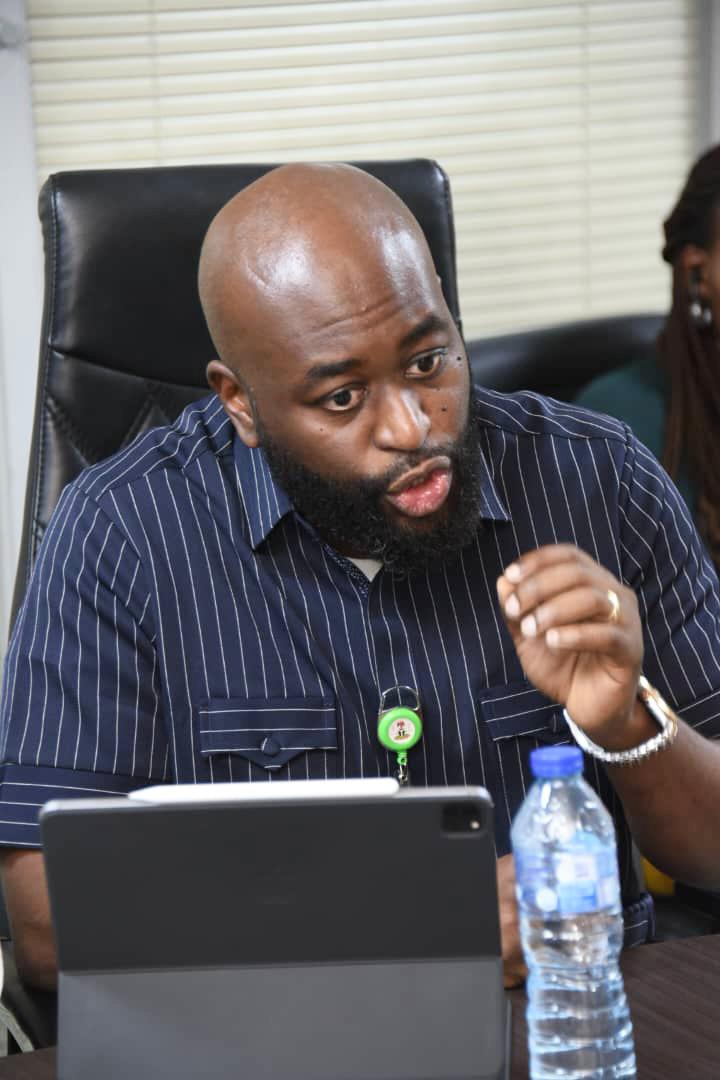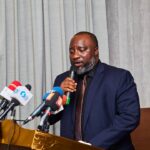The Chartered Institute of Project Managers of Nigeria (CIPMN) has said the inauguration of its new governing Council was the climax of the reforms embarked by President Muhammadu Buhari in January 2022, when he dissolved the then contentious Governing Council of the Institute and appointed a Sole Administrator to reset and reform the Institute.
To this end, the Council said there is no division in CIPMN as there is only one legally – constituted Institute recognised by the federal government and supervised by the Federal Ministry of Industry, Trade and Investment.
Registrar of the institute, Mr Henry Mbadiwe, said this yesterday in Abuja.
However, Mr. Mbadiwe lamented that despite the dissolution of the former Council by President Buhari, the Institute’s activities have been hindered by court injunctions reportedly filed by Dr Victoria Okoronkwo, the former chairman.
Her legal challenge stems from an alleged unfair dismissal from her previous office. These legal battles, characterized by continuous adjournments, Mbadiwe noted, have impeded the efficient execution of the Institute’s tasks, hindering its potential growth.
Explaining the situation further, Mr. Mbadiwe clarified that although the court ruled that the Secretary to the Government of the Federation (SGF) and the ministry lacked the power to dissolve the former Council, it was actually a presidential order that led to its dissolution and the appointment of Dr. Mimi Abu as the sole administrator. Former President Buhari, conveyed that directive through his then Chief of Staff, Prof. Ibrahim Gambari to the SGF.
In a letter addressed to the then SGF, Mr. Boss Mustapha, by the former minister of industry, trade, and investment, Otunba Adeniyi Adebayo, dated October 7, 2021,with reference number, T/FAL 23689/S.30811/1/129, it was noted that the main challenge of the Institute stems from the Act setting it up.
This Act confers upon the pioneer president, Mrs. Okoronkwo, the position of Chairman in perpetuity, leading to administrative challenges and disregard for regulations.
Another letter from the ministry, dated December 9, 2021, with reference number: T/FAL.23689/S.30811/1/132, addressed to the SGF, outlined the appointment of a sole administrator for CIPMN in response to a directive from the SGF. It emphasized that the former Governing Council ceased to exist in 2020 with the passage of the CIPMN Act No.3 of 2018, and it was not appointed by the government but elected by the members themselves.
Mbadiwe clarified that the process of amending the CIPMN Act has already begun.
He also emphasized that the Ministry has officially recognized the Council, and CIPMN has held meetings with the Minister, who has pledged support for its activities.
Additionally, he highlighted that the Institute now has its office located within the Ministry’s premises, specifically in the old federal secretariat.
Furthermore, Mbadiwe mentioned that the Institute has successfully established its Treasury Single Account (TSA) and hrld its inaugural event scheduled from December 11th to 13th.
Attempts to get Okoronkwo’s reaction was unsuccessful at the time of filing this report.
Recall that internal governance issues emerged within CIPMN as allegations surfaced against Mrs. Okoronkwo regarding her management of the Institute’s finances.
It was alleged that she unilaterally handled financial matters, even as the Institute’s office was said to have been housed within Mrs. Okoronkwo’s private residence, further complicating matters.
Efforts by the Council to address these concerns were met with resistance, prompting intervention from the Ministry.
A series of directives were issued, including the relocation of the Institute’s office, the establishment of a proper government account, and the appointment of a Registrar to manage day-to-day affairs.
However, failure to comply to the directives led to further escalation, culminating in legal proceedings.
It was gathered that despite attempts at reconciliation initiated by the Ministry hit the brickwall ad Mrs. Okoronkwo and Dr. Jamilu Yankwashi were reported not to be favourably disposed to it.
In response to the deteriorating situation, the Ministry sought intervention from higher authorities, leading to the dissolution of the self-appointed council and the appointment of a Sole Administrator to oversee necessary reforms.
Following the completion of the administrator’s tenure, a new council was elected, with Mr. Henry Mbadiwe, assuming the role of Registrar.



